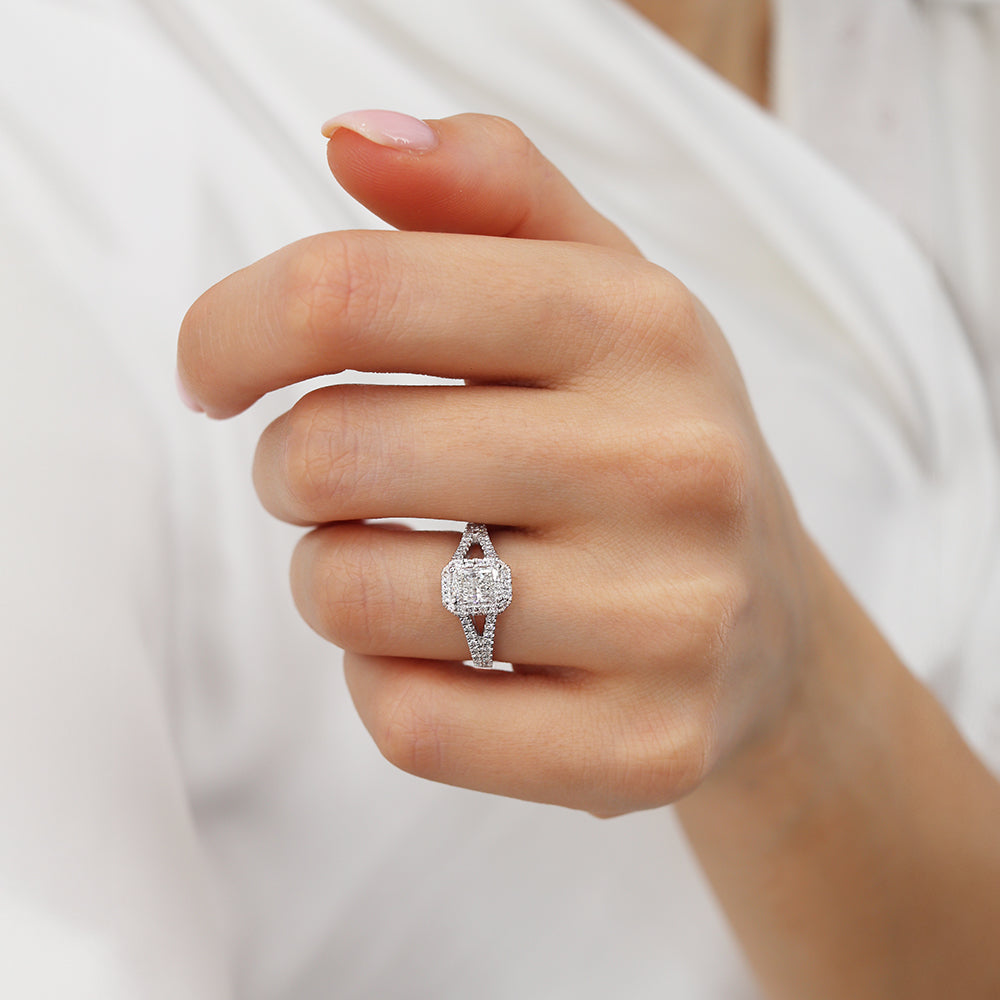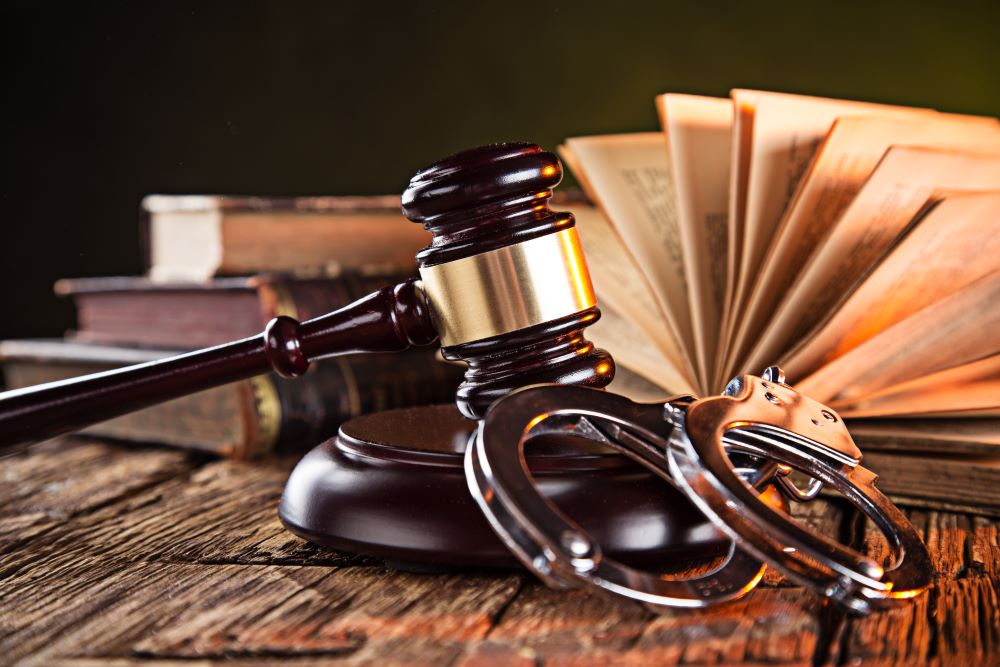Indictments are coming: At long last, criminal justice will catch up with Donald Trump
Putting a former president on trial for alleged criminal behavior would be the first prosecution of its kind in American history. It would also do much toward restoring the myth that no person or corporation is above the law. As James Doyle has explained, putting Trump on trial “redeems American justice.”
Looking both backward and forward, I would argue that putting the former racketeer in chief and his accomplices on trial for sad conspiracy to overthrow the US government — arguably the ultimate constitutional crime — is more tangible than the abstract goal of redeeming American justice. In this insurrectionary moment, “substantive” due process justice trumps “procedural” due process justice.
After the first five public hearings held by the House select committee investigating the organized and coordinated activities of Donald J. Trump and his allies to steal the 2020 presidential election, culminating in the Jan. 6, 2021, Capitol attack, it seems apparent that Attorney General Merrick Garland would not prosecute Trump for two likely federal crimes: “obstructing an official proceeding” and engaging in a “conspiracy to defraud the United States.”
RELATED: Trump and his stooges must be punished: It’s the only way to save America
But the sixth hearing, and the dramatic testimony of Cassidy Hutchinson, an aid to the former White House chief of staff Mark Meadows — the proverbial “fly on the wall” — was truly a game-changer. Knowing that Trump welcomed the armed weapons and the assault on the Capitol was certainly no surprise to most people who have been paying attention.
Knowing Trump as a criminal biographer, I was not surprised to learn that he may have physically assaulted another person under circumstances similar to those on the occasion when he struck his first-grade teacher in the head before a whole classroom of his peers.
Want a daily wrap-up of all the news and commentary Salon has to offer? Subscribe to our morning newsletter, Crash Course.
It was a surprise to me initially that Trump wanted to be present at the Capitol during the assault. For both legal and safety reasons, that would have been highly inadvisable. Jumping into Trump’s fantasy world, however, where he believed that he was not at physical risk, I could also imagine Trump envisioning himself riding up the stairs and into the Capitol on a white stallion, ahead of his troops.
Recall that Trump had successfully defended himself from “incitement of insurrection” during his second impeachment trial, contending that his Ellipse speech was protected by the First Amendment and that he had no knowledge about the crowd’s makeup, its intentions or its possible weaponry.
In Trump’s fantasy world, he believed he was in no physical danger, and imagined himself riding up the Capitol steps on a white stallion, leading his troops.
Trump’s defense was plausible, at least at that point, because after only four weeks of investigation the House impeachment managers’ case against him was based on circumstantial rather than direct evidence. All of that changed with the testimony of Cassidy Hutchinson.
That’s why the testimony of Pat Cipollone, Trump’s former White House counsel, who was quoted by Hutchinson as saying, “We’re going to get charges of every crime imaginable,” including a seditious conspiracy as well as jury tampering, has now been subpoenaed by the select committee.
I do not imagine that any federal prosecution of Trump will occur before the end of 2023. In the meantime, however, it is likely that the former president will be prosecuted before the end of 2022 for the felony of asking Georgia Secretary of State Brad Raffensperger to overturn the outcome in that state by “finding” 11,780 fake votes, one more than Trump lost the state by to Joe Biden.
In the Georgia case, Trump could be charged with violating as many as four statutes. These include seeking to have ballots counted that Trump knew were “materially false, fictitious, or fraudulent under the laws” of the State of Georgia; conspiring with Meadows and two other lawyers “to injure, oppress, threaten, or intimidate any person…”; “soliciting another person” to willfully tamper “with any electors list, voter’s certificate…”; and engaging in “criminal solicitation to commit election fraud.”
Following a lifetime of crime, corruption and impunity, it now appears that the criminal law is at last catching up with the man who has operated a criminal enterprise within the Trump Organization since the early 1980s.
Over more than four decades, a non-exhaustive listing of the former president’s alleged crimes would include sexual assault; tax evasion; money laundering; the non-payment of employees, contractors and attorneys; financial fraud; racketeering; and obstruction of justice.
Trump is a veritable Houdini of white-collar crime, a master of lawlessness and impunity. Not only has he never been convicted of any crime, he has never even been charged with a felony..
As a litigator, Trump is in a league of his own. Since 1973 he has been involved in more than 4,000 lawsuits, and in some 60 percent of those as the suing plaintiff.
Until now, his litigation has almost always been about attracting attention and wearing down opponents. As the great litigator James D. Zirin, author of “Plainiff in Chief: A Portrait of Donald Trump in 3,500 Lawsuits,” wrote of Trump: “What was important was to use the lawsuit to attract attention, to exert economic pressure, and to prove he was the kid on the block not to be messed with.”
The impending criminal charges to be filed against Donald Trump by the district attorney of Fulton County, Georgia, and the US Department of Justice are both very different from the thousands of previous lawsuits in Trump’s career. Those civil cases, both past and present, have always been about money. The soon-to-be criminal cases will be about Trump’s personal freedom — and whether he will be wearing an orange jumpsuit for the next several years.
Read more on the legal peril facing our 45th president:


